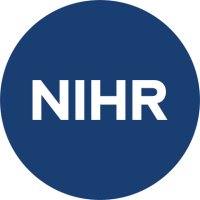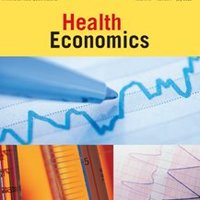
Peter Sivey
@petesivey
Reader in Health Economics @CHEyork @UniofYork, research in economics of healthcare services, Brit/Aussie, tweet personal views only, RTs/likes not endorse.
ID: 218372201
http://www.sites.google.com/site/petersivey 22-11-2010 04:53:28
10,10K Tweet
2,2K Followers
1,1K Following

Ministers must do final drafting with close involvement of HMT and PM. This is beginning to look like a farce as pen is passed between advisers and officials. Whose plan is this? Alastair McLellan Sarah Woolnough Hugh Alderwick Sally Layla Moran 🔶🕊️





🤔How did the pandemic change the use of home care by older people in England? Tune in on 5 June to hear NIHR ESHCRU researcher Anastasia Arabadzhyan explain.

Analysing Patient Data using NHS England data: 2025. 3 day in-person course hosted by The Centre for Health Economics, @UniofYork. If you would like to learn how to handle, manipulate, and analyse large datasets, discover more at bit.ly/3wp1XiR






We have a new Institute for Fiscal Studies report out on the key decisions for the govt at the upcoming Spending Review. A short thread on what the Spending Review could mean for health spending – and why health spending matters so much for everything else. 1/12







🏥Does living alone increase hospital length of stay for hip replacements? Check out NIHR ESHCRU research presented at the #IHEA International Health Economics Association (IHEA) conference in Bali.



